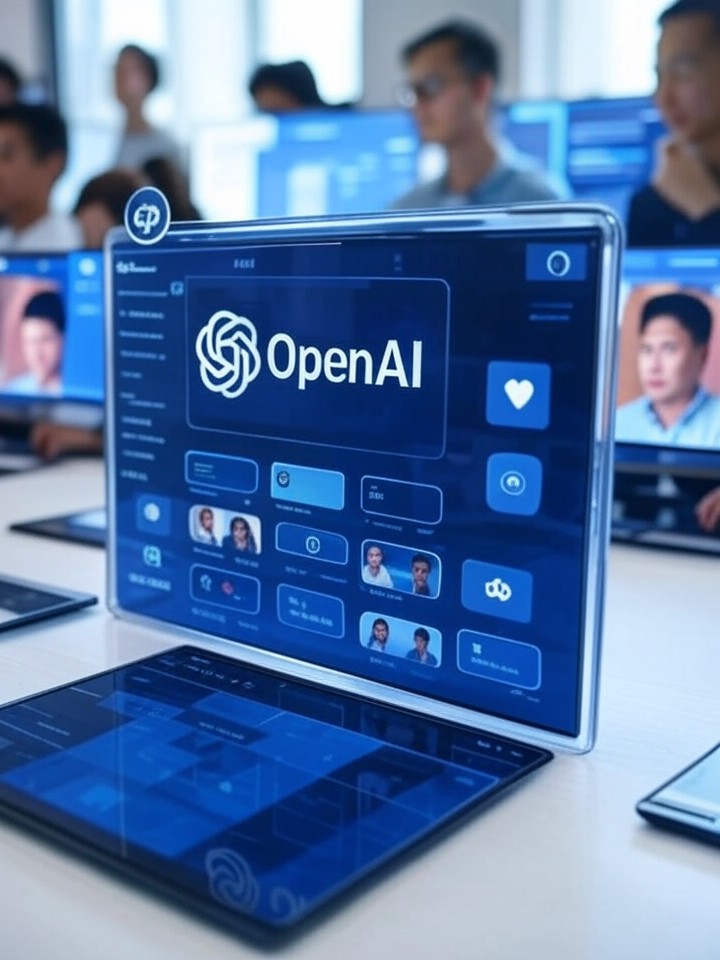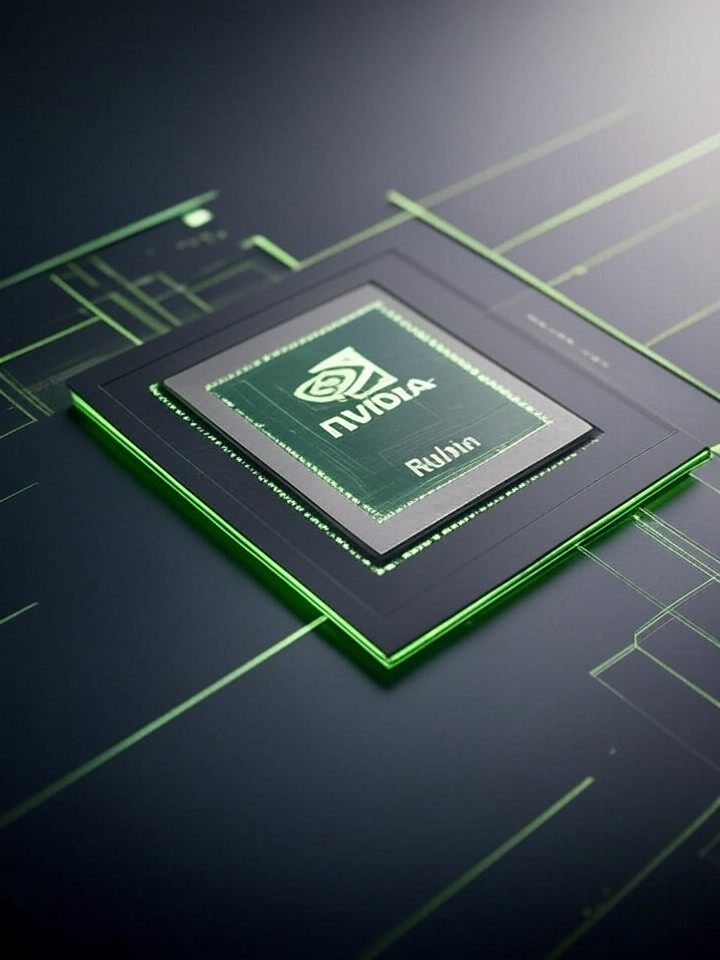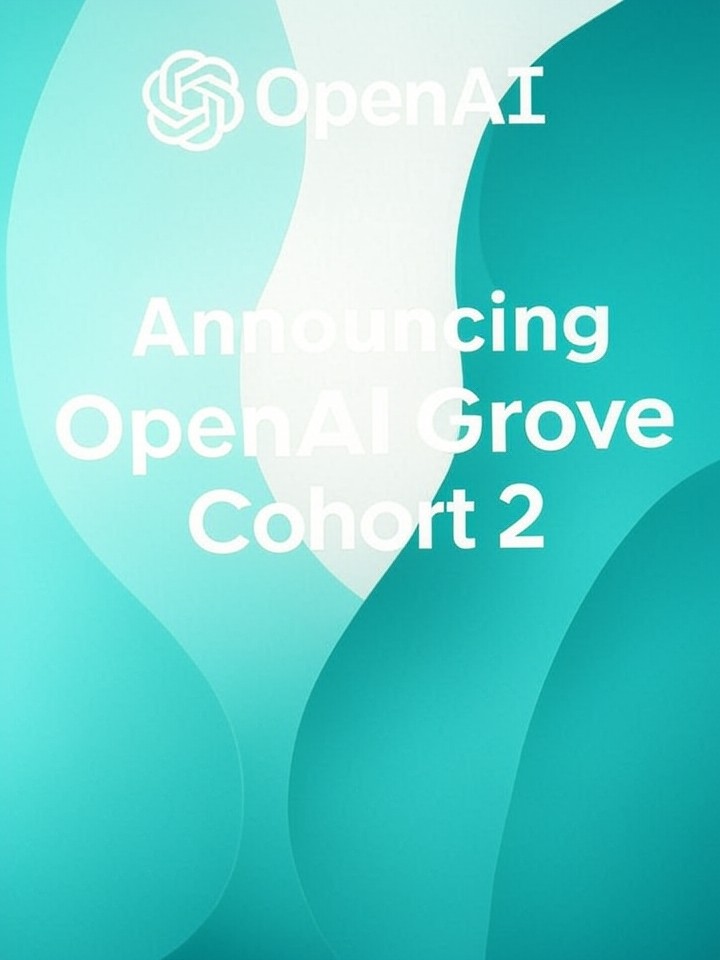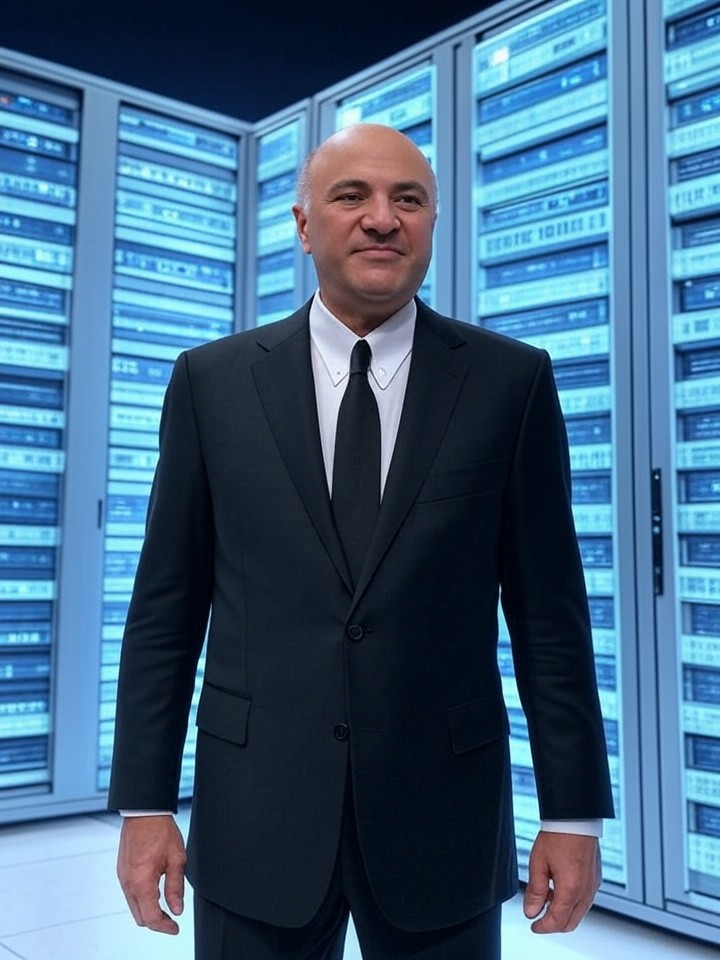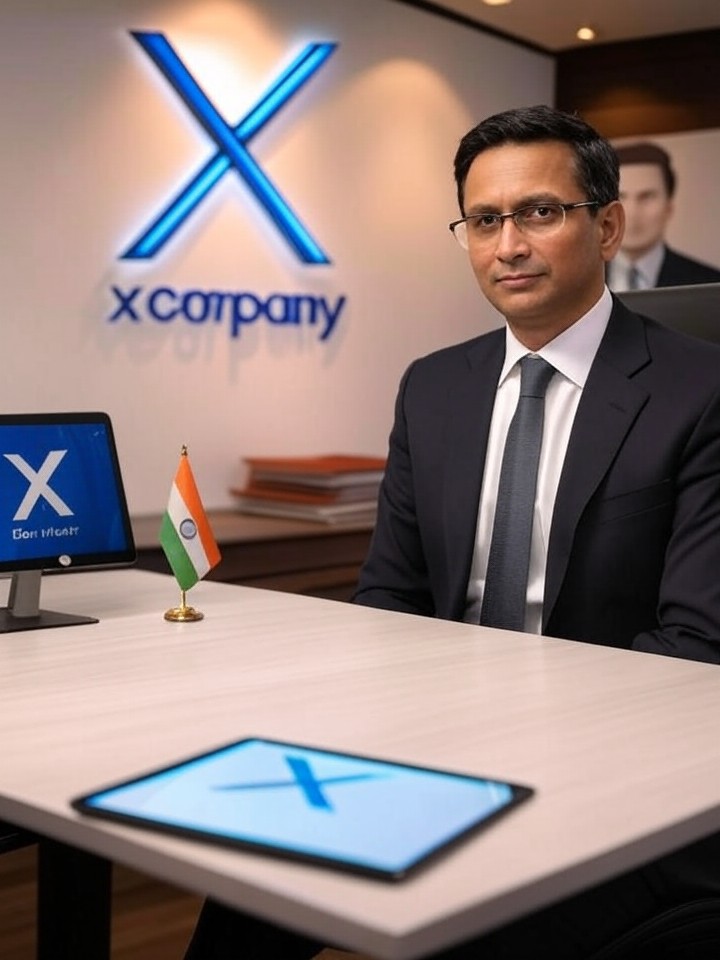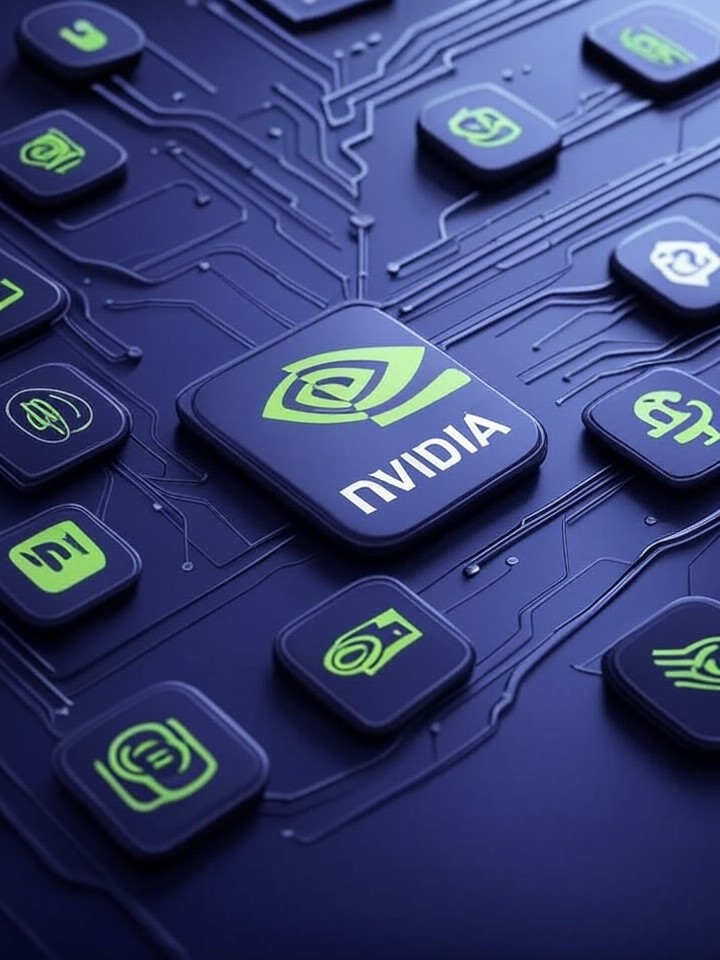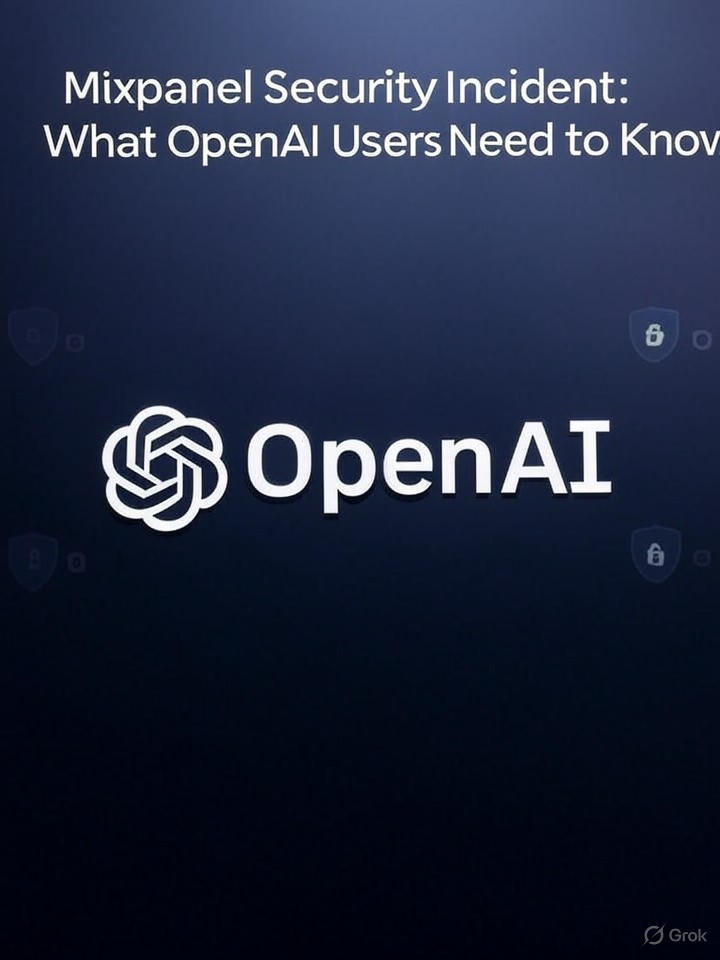HP’s AI-Driven Workforce Transformation: What the 6,000 Job Cuts Mean for the Future
In a major announcement reflecting the rapidly changing technology industry, HP Inc. has unveiled a plan to reduce its global workforce by as many as 6,000 employees by 2028. This workforce restructuring is part of the company’s long-term strategy to embrace artificial intelligence (AI), automation, and advanced computing solutions. The initiative aims to enhance operational efficiency, strengthen profitability, and position HP as a front-runner in the era of AI-powered devices and services.
Understanding HP’s AI Restructuring Plan
The workforce reduction, although significant, represents a transformational shift in HP’s business direction. The company is not merely cutting jobs—it is reinventing how it operates across departments, from manufacturing and logistics to research and development. As global demand grows for AI-enhanced computing, HP aims to refocus its resources on automation technologies and innovative product lines, including AI PCs and cloud-integrated services.
HP leadership has framed the move as a response to the evolution of workplace technology rather than a sign of decline. With AI becoming the cornerstone of productivity solutions, HP is betting that early adoption and structural adjustments now will yield long-term gains in performance, efficiency, and market relevance.
Why Artificial Intelligence is Central to HP’s Future
Over the past few years, AI integration has transformed how businesses design products and optimize operations. HP’s decision to invest heavily in AI aligns with global trends in digital transformation, where automation and machine learning are reshaping workflows. The company envisions a future in which its PCs and digital platforms leverage intelligent systems to automate routine tasks, improve data analytics, and provide real-time insights to users.
HP’s AI push will also influence its manufacturing and supply chain strategies. By implementing machine learning models to predict demand, optimize materials use, and identify process bottlenecks, HP expects to accelerate production cycles while minimizing waste. According to the company, the integration of AI within product management and customer service divisions is expected to lead to improved response times, predictive support, and more personalized computing experiences.
The Economic Context: Navigating Chip Shortages and Cost Pressures
While the promise of AI-driven growth is strong, HP’s AI restructuring plan also reflects current economic realities. The global semiconductor supply chain continues to face instability, driving up manufacturing costs and limiting the availability of components required for next-generation devices. HP’s leadership believes that by embracing AI and automation, the company can mitigate some of these cost pressures through smarter production scheduling and resource allocation.
Furthermore, HP’s shift toward AI PCs—a new category of devices optimized for AI-driven applications—positions the company to compete in an emerging market segment that many analysts predict will redefine the global computing landscape by the end of the decade. These advanced systems will integrate efficient neural processing units (NPUs) to handle AI workloads locally, reducing reliance on cloud processing and improving both speed and privacy for users.
The Human Impact: Restructuring and Workforce Transition
Job reductions are always challenging, particularly in an industry that thrives on innovation and creative talent. HP has stated its commitment to supporting affected employees through the transition, offering reskilling programs, severance packages, and career assistance services. Company representatives emphasize that while certain roles will be phased out due to automation, new opportunities will arise in AI engineering, cybersecurity, data science, and other emerging fields.
This workforce realignment underscores a broader shift in the tech industry: traditional roles are evolving or disappearing as companies pivot toward digital transformation. HP’s decision to invest in employee training and internal development programs indicates that it recognizes the long-term importance of maintaining a skilled, adaptable workforce capable of navigating the AI era.
AI, Automation, and Productivity: The Broader Industry Trend
HP’s overhaul mirrors moves by other tech giants pursuing similar AI-driven strategies. Firms across the sector are increasingly investing in predictive analytics, robotic process automation, and cloud-based data platforms to reduce costs while improving efficiency. The expectation is that AI can deliver more consistent results and minimize manual workloads, freeing human teams to focus on innovation and creative problem-solving.
Experts suggest that HP’s focus on automation could enhance product quality and accelerate product innovation cycles. As AI-enabled design tools become standard within product development departments, HP can rapidly prototype and test new computing solutions, incorporating real-time performance data into iterative design improvements. This agile approach might be essential for maintaining competitiveness in the fast-evolving PC and enterprise hardware markets.
The Role of AI PCs in HP’s Strategy
AI PCs represent one of the most exciting facets of HP’s transformation plan. These devices are designed to process AI workloads directly on a user’s computer rather than relying on cloud-based computing. The shift to localized AI processing brings several advantages:
- Enhanced Privacy: Sensitive information stays on the device, reducing potential security vulnerabilities.
- Faster Performance: On-device AI processing minimizes latency and improves responsiveness for real-time applications.
- Energy Efficiency: AI-optimized components and processing methods reduce power consumption, aligning with HP’s sustainability goals.
HP believes that this new generation of AI PCs will set a foundation for future hybrid work environments, allowing businesses and individuals to achieve greater efficiency and collaboration without compromising security or data integrity.
Challenges and Opportunities Ahead
Despite its proactive approach, HP faces several challenges on the path to AI transformation. Global economic uncertainty, fluctuating chip supplies, and competition from other major manufacturers such as Dell and Lenovo could influence how quickly the company can execute its strategic goals. Additionally, the transition from a traditional hardware-focused business model to an AI-first organization requires continuous innovation and careful resource management.
However, the opportunities far outweigh the risks. By anchoring its future development in artificial intelligence, HP stands to redefine what productivity tools look like for the modern workforce. The blending of intelligent computing with sustainable design practices could enable HP to appeal to both enterprise clients and individual consumers seeking technology that aligns with their performance and environmental values.
What HP’s AI Strategy Means for the Future of Work
The broader implications of HP’s restructuring reach beyond the company itself. As more technology leaders adopt AI-focused business models, the nature of work across industries will evolve. Routine technical tasks are likely to become increasingly automated, while cross-disciplinary roles that combine AI expertise with business strategy, cyber defense, and ethical technology governance will be in high demand.
For professionals, this shift underscores the importance of developing digital fluency and AI literacy. HP’s transition showcases how traditional companies can successfully reposition themselves for a data-driven economy—provided they recognize and invest in the human talent necessary to make technology work effectively.
Conclusion: HP’s Bet on an AI-Powered Future
HP’s decision to streamline operations and dedicate resources to artificial intelligence marks a pivotal moment for the technology sector. The planned job cuts, while difficult, are part of a larger transformation aimed at ensuring long-term competitiveness and innovation. By embracing automation, AI PCs, and smarter systems, HP hopes to emerge more agile, efficient, and better prepared for the new era of intelligent computing.
As the company navigates this transition, industry observers will be watching closely to see how effectively HP balances technological innovation with human capital development. If successful, HP’s AI-driven restructuring could serve as a model for how legacy technology companies evolve and thrive in a rapidly changing digital landscape.


